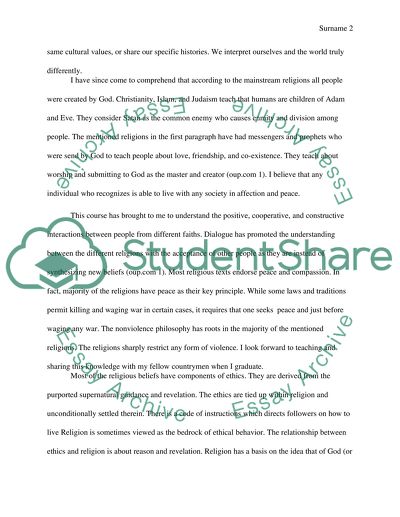Cite this document
(“Does Ethics Require Religion Essay Example | Topics and Well Written Essays - 1000 words”, n.d.)
Retrieved from https://studentshare.org/philosophy/1462998-does-ethics-require-religion
Retrieved from https://studentshare.org/philosophy/1462998-does-ethics-require-religion
(Does Ethics Require Religion Essay Example | Topics and Well Written Essays - 1000 Words)
https://studentshare.org/philosophy/1462998-does-ethics-require-religion.
https://studentshare.org/philosophy/1462998-does-ethics-require-religion.
“Does Ethics Require Religion Essay Example | Topics and Well Written Essays - 1000 Words”, n.d. https://studentshare.org/philosophy/1462998-does-ethics-require-religion.


